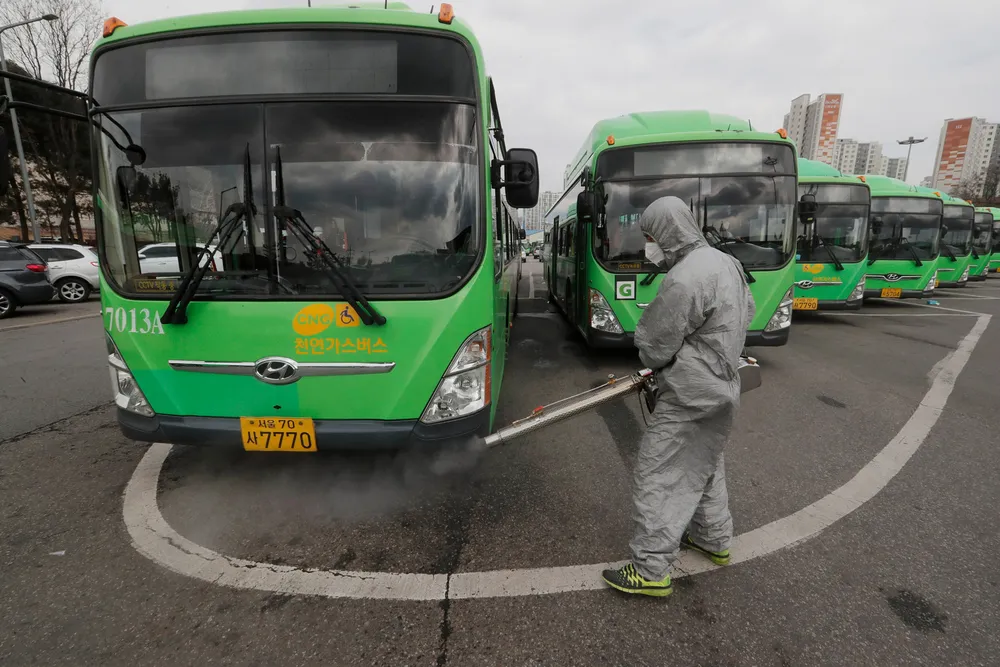Woodside joins consortium looking to convert South Korea's buses to hydrogen
Australian company the only foreign player to join consortium looking to accelerate the decarbonisation of South Korea's bus fleets through hydrogen

Australian company the only foreign player to join consortium looking to accelerate the decarbonisation of South Korea's bus fleets through hydrogen
